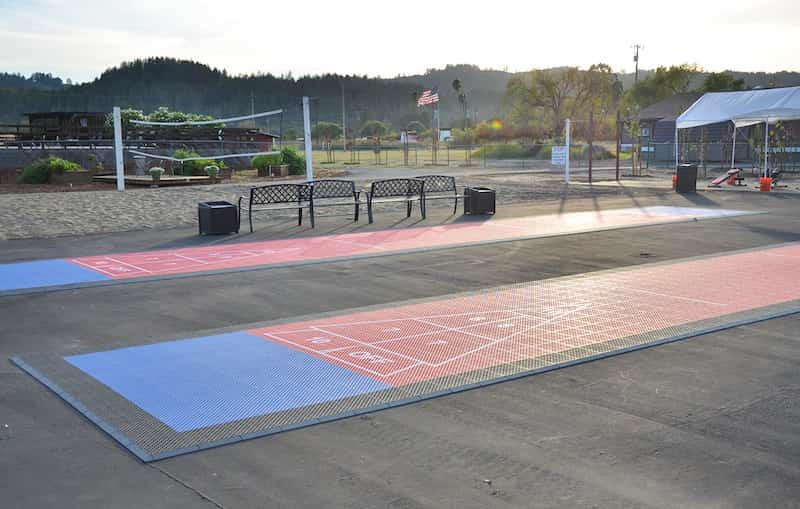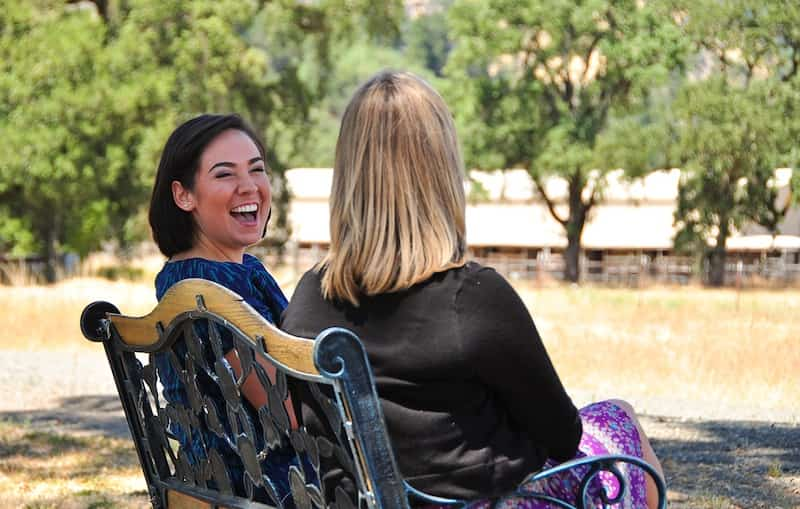With over 38,000 guests treated and a completion rate of over 90%, Duffy’s Napa Valley Rehab outperforms other drug addiction treatment & detox centers by building the necessary foundation for long-term recovery. Duffy’s provides in-house detoxification services for a smooth transition into residential care.
Learn About Relapse
Understanding Alcohol & Drug Relapse
For the men and women who have successfully enrolled in and completed a Northern California residential treatment program to free themselves from the powerful grips of addiction, congratulations are certainly in order. Having the strength of will to seek help for drug and/or alcohol abuse is not easy, and the road to recovery contains many challenges. For individuals who have no personal knowledge of substance abuse, it may be difficult to comprehend just how powerful an addiction can be. But the journey to sobriety has only just begun for the men and women who have successfully navigated residential treatment and who are preparing to discharge from residential care.
Achieving sobriety is challenging, but so is maintaining it. Therefore it is vital for individuals exiting treatment to adhere strictly to an aftercare plan for continued success in sober living. Quality residential treatment centers will prioritize the discharge planning process, and will ensure that each individual leaving their care has a solid foundation of resources to access once they transition back to daily life. By making a commitment to follow the aftercare plan, an individual will have the support he or she needs to continue to work towards goals, and will minimize the chance of falling victim to a relapse. Relapse occurs when a person is not able to follow the aftercare plan, and resumes using his or her substance of choice once again.
Why People Relapse
Reasons Why People Relapse From Alcohol & Drugs
Sometimes, relapse is viewed with shame, or as an indicator of weakness or failure. However, nothing could be further than the truth because while relapse affects many, it is a symptom of the powerful nature of drug & alcohol abuse and addiction. During one’s time in treatment, the risk of relapse will likely be discussed, and accompanied by a conversation about identifying one’s own possible triggers. The following briefly describes some of the common reasons that individuals may relapse:
- Overwhelming physiological cravings for the drug or drugs of choice
- Stress at work, at school, or in relationships
- Exposure to situations in which the individual may have been tempted to use in the past
- Pressure from peers who may not be supportive of the individual’s decision to maintain his or her sobriety
- Questioning the desire to stay sober and/or wondering if the struggle is worth it
There are many reasons why a person may suffer a relapse, and the above examples are just a few of the many factors that could prompt an individual to succumb to temptation after achieving sobriety in treatment. Fortunately, with the help of a comprehensive aftercare plan, individuals can work to avoid the risk of relapse, and take advantage of the supports available to them within their communities for long-lasting recovery.
Preventing Relapse
How to Prevent Relapse from Drugs & Alcohol
If you have recently been discharged or are about to be discharged from a residential treatment program for addiction and abuse, you may be concerned about maintaining your hard-won sobriety in the weeks and months ahead. Fortunately, you do not have to undertake this process alone, and your treatment center will likely design a personalized aftercare plan that reflects your unique goals, accomplishments, and triggers. While there is no one-size-fits-all aftercare plan that works for everyone, the following describes some tools and supports that have helped many men and women maintain their sobriety upon leaving residential treatment:
- Engage in aftercare supports as soon as you leave treatment, do not wait. This way you will not experience a lag in care.
- While in treatment you likely benefited from a highly structured environment. Continue this structure by creating a daily schedule for yourself and sticking to it.
- Join a support group to connect with others who have faced or who are facing similar challenges with addiction.
- Steer clear of people, places, or situations that you know may prompt a temptation to use your drug of choice. Instead, surround yourself with people and environments that support your commitment to sobriety.
- Reach out to loved ones and friends during those times when you feel temptation beginning to take hold.
- Practice the coping skills you learned in treatment, and make self-care a daily priority.
- If you are feeling that additional or more intensive treatment is needed, even if you have already been through treatment before, do not be ashamed to seek out the support you need to continue on your path toward recovery.
Relapse is not a sign of weakness, and it takes an incredible amount of courage to seek out relapse treatment for an addiction to drugs or alcohol. Fortunately, help exists for the men and women who want to work toward a healthier, more vibrant life, free from a cycle of drug & alcohol abuse. If you would like to learn more about ways that Duffy’s Napa Valley Relapse Prevention Program in Northern California can be your partner in healing, and about how we prioritize aftercare planning for our patients, we encourage you to connect with us today.






















